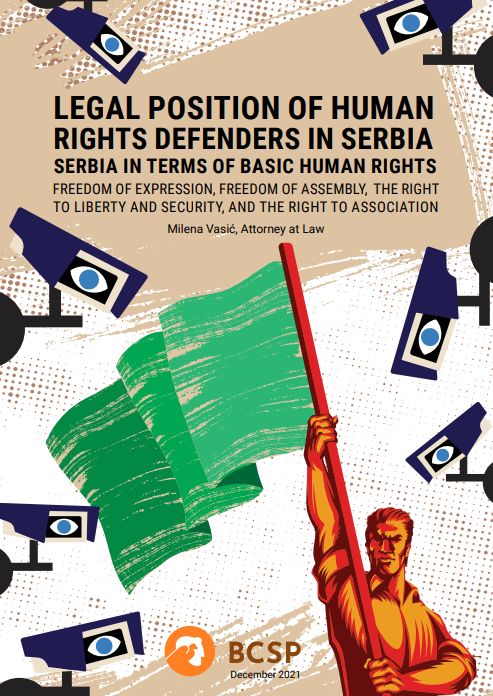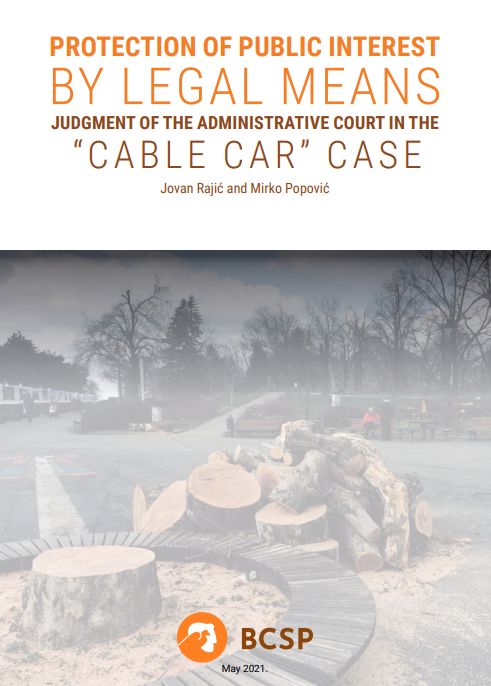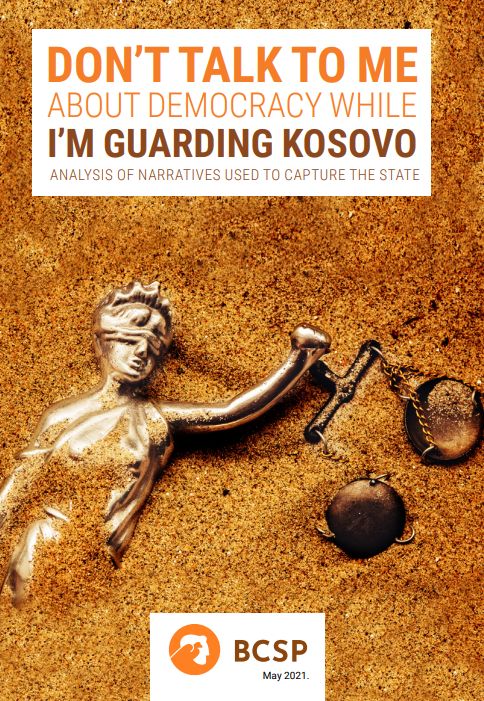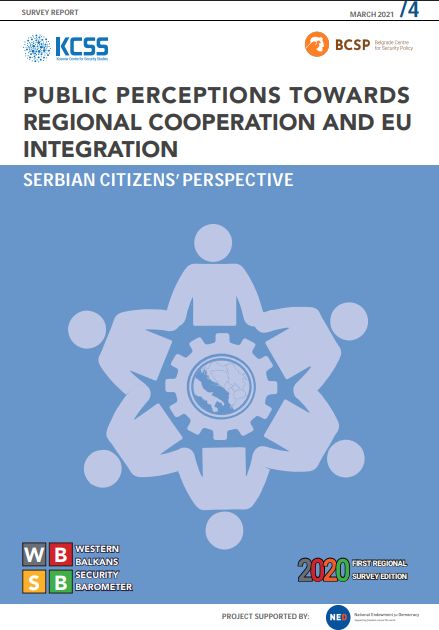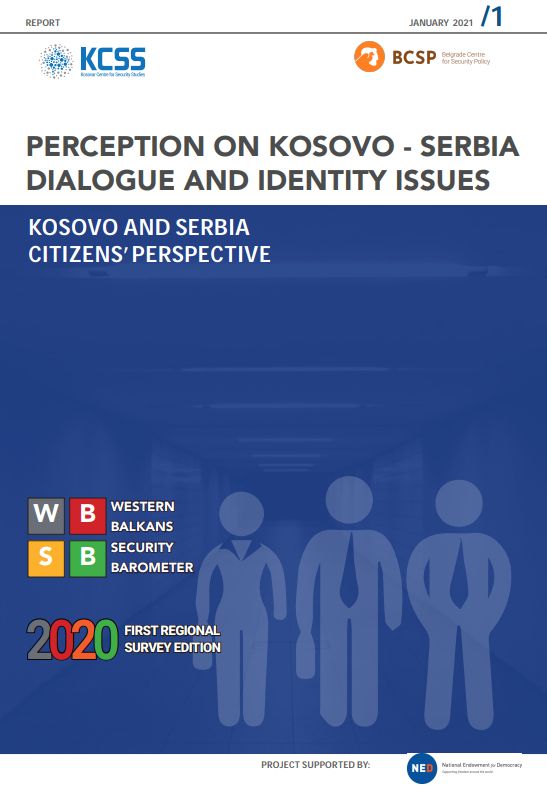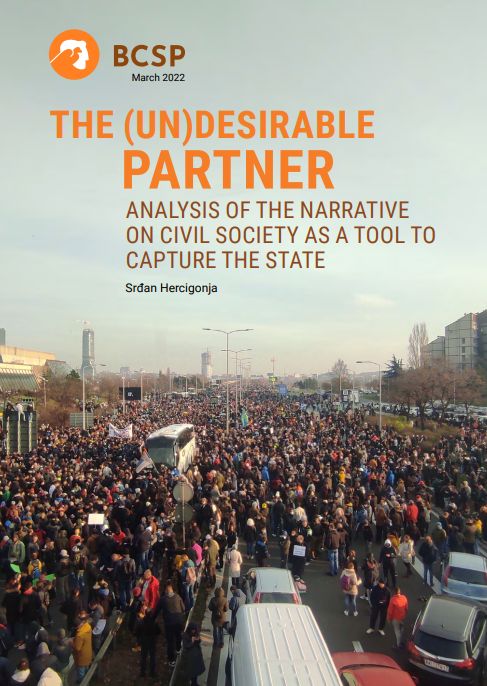
The (un)desirable partner – analysis of the narrative on civil society as a tool to capture the state
The (un)desirable partner – analysis of the narrative on civil society as a tool to capture the state
Keywords: Serbian Security Policy; State Capture
As stakeholders with corrective function in a state which holds itself democratic, civil society organizations and activists indicate the threats borne by captured state. Precisely for this, the way of the government’s and public institutions’ way of communicating towards the civil society has been identified as an important element to analyse – on the one hand, due to the government’s need for legitimacy on the international scale, there are so-called “positive narratives” about civil society as a guarantor of the rule of law and democracy in the country, and, on the other hand, “negative narratives” about civil society articulated through attacks and pressure exerted on the civil society, demonstrated by unfounded statements in form of discreditation of any criticism. Both “positive” and “negative” narratives have a direct impact on the relations between the civil society and institutions in Serbia, and the indirect consequences of the relations thus fashioned on the state capturing process could also be analysed.
More...

